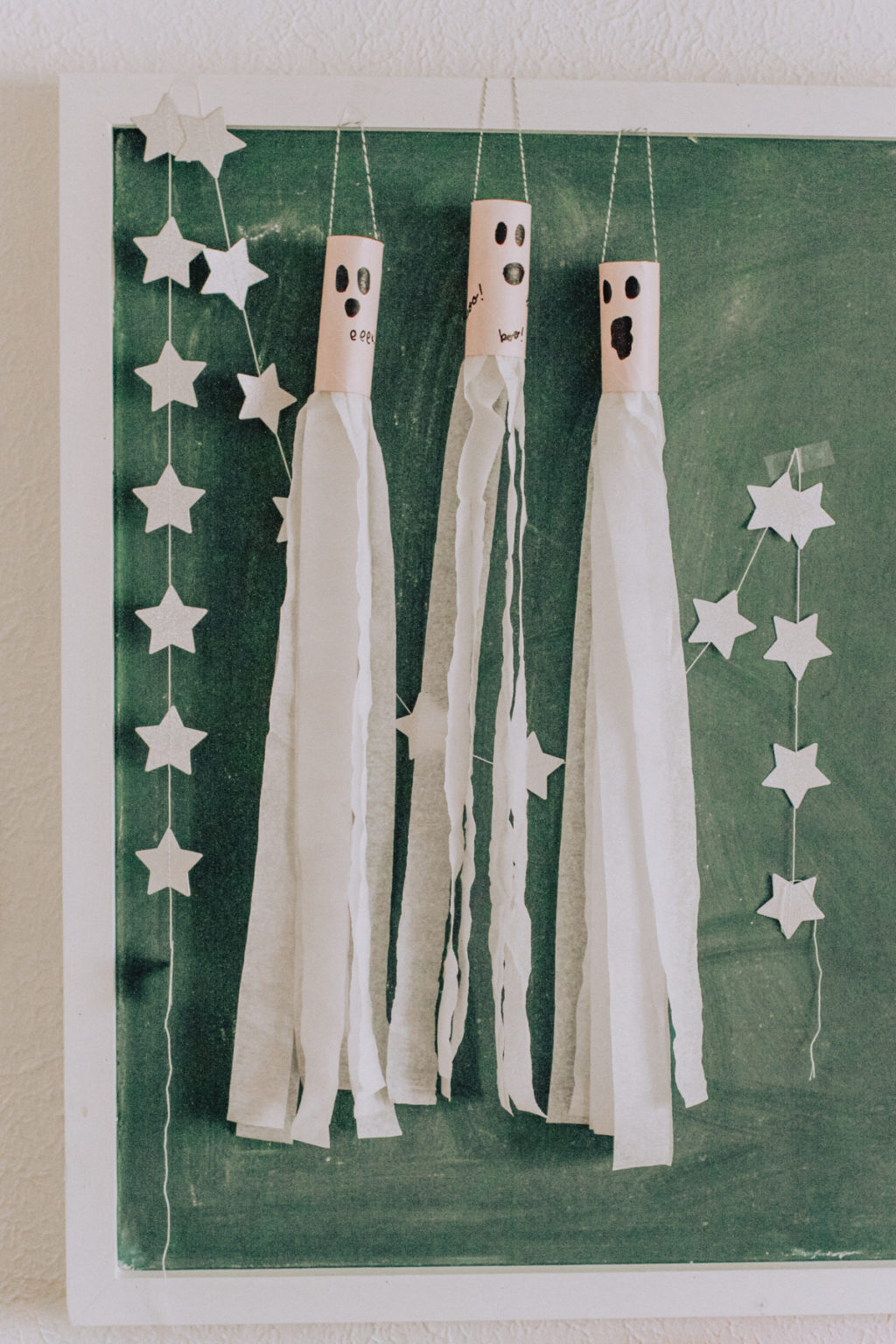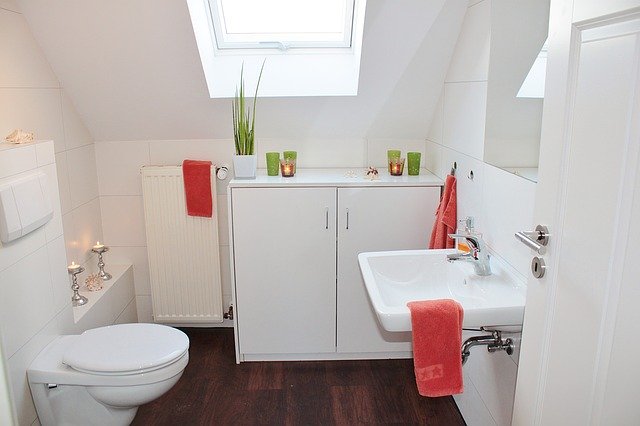Picture this: you’re in the bathroom, ready to go about your business, when you reach for the toilet paper and find an empty roll staring back at you. Panic sets in, and your mind races for a solution.
It’s a situation many of us have faced, and it’s never fun. But fear not! You’re not alone, and there are clever ways to navigate this predicament without stress. In this guide, you’ll discover practical and creative alternatives to toilet paper that you can easily find around your home.
Plus, you’ll learn a few preventive tips to avoid finding yourself in this awkward situation again. Dive in and arm yourself with these handy tricks to ensure that you’re always prepared, even when the TP runs out.

Credit: www.reddit.com
Table of Contents
Alternative Materials
Many household items can help when there’s no toilet paper. Paper towels are thick and absorbent. They work well but should be thrown in the trash, not flushed. Tissues are another option. Soft and gentle, they’re a good choice. Old newspapers can also be used, but be careful with ink. Cut them into small pieces for easier use. Rags or old cloths are reusable. Wash them after use for future emergencies. Always make sure items are clean before use to avoid any irritation.
Nature offers many solutions when needed. Leaves are common and easy to find. Make sure they are clean and not harmful. Smooth stones can also be used in emergencies. Just be gentle and rinse them first. Moss is soft and absorbent. It grows in damp areas and is gentle on the skin. Water is another simple solution. A quick rinse can help you feel fresh. Always choose clean water for this.

Credit: www.tiktok.com
Reusable Options
Old clothes can be a good choice. Soft cotton is gentle on the skin. Cut them into small pieces. Use them like toilet paper. Make sure the cloth is clean and dry. Cloth works well for many people. It’s an easy and cheap solution.
Keep cloth pieces in a separate bin. Wash them with hot water. Add some detergent. Dry them in the sun if possible. This keeps them fresh and clean. Keep using the same pieces again and again. This method is eco-friendly too.
Cultural Practices
Facing a toilet paper shortage? Opt for reusable cloths as an alternative. Clean them thoroughly after each use. Leaves or bidets can also serve as eco-friendly substitutes.
Bidets And Water
Bidets are common in many countries. They use water to clean after using the toilet. They are gentle and eco-friendly. Some people prefer using a cup of water. It works well too. Water cleans better than paper. It also feels refreshing.
Cleansing With Leaves
Leaves can be useful in nature. Large, soft leaves are best. Make sure they are clean. Avoid any itchy or poisonous leaves. Many people around the world use leaves. They are a natural and biodegradable option. Always be gentle to avoid skin irritation.
Emergency Solutions
Public places can be a good option. Many parks and malls have restrooms. You might find toilet paper there. It’s important to be polite. Don’t take too much. Leave some for others. If a worker is there, ask for help. They might have extra supplies.
Neighbors and friends can help in tough times. Ask them if they have extra toilet paper. You can offer to trade something. Maybe you have something they need. This helps build a strong community. People like to help each other. Remember to return the favor when you can.
Environmental Considerations
Use reusable cloths instead of toilet paper. Wash them after use. Choose old t-shirts or towels. They are soft and absorbent. Make sure to use clean water. Dry them under the sun. This helps save trees and water.
Consider using natural leaves. Find large, soft leaves. Avoid leaves with sharp edges. Dispose of them properly. Compost them in your garden. They turn into soil over time. This way, you help nature and keep your garden healthy.
Preparing For Future Shortages
It’s smart to have extra toilet paper at home. Buy a few packs each time you shop. Store them in a cool, dry place. Avoid buying too much at once. This way, others can also get what they need. Organize your stock. Use the older rolls first. This keeps your supply fresh. If you run out, think about other options. Tissue paper or wet wipes can help. Just don’t flush them. They can block your pipes. Plan wisely and you’ll be ready.
Make your own toilet paper using soft cloth. Cut old t-shirts into squares. Wash them before use. Keep them clean and dry. Reuse them by washing after each use. Another way is to use old newspapers. Crumple and soften them. Only use if desperate. These options are not perfect. But they help in hard times. Always have a backup plan. Be prepared for anything.

Credit: raeannkelly.com
Frequently Asked Questions
What Alternatives Can Replace Toilet Paper?
In emergencies, you can use tissues, paper towels, or wet wipes as alternatives. Soft cloths or old t-shirts can also be used if washed properly. Ensure you dispose of or clean these items responsibly to maintain hygiene.
How To Make Homemade Toilet Paper?
To make homemade toilet paper, use soft fabric or old t-shirts cut into squares. Wash them thoroughly after each use. Alternatively, you can use newspaper soaked in water to soften it before use. Ensure it’s disposed of properly.
Is It Safe To Use Leaves Instead?
Using leaves can be safe if you choose non-irritating ones, like large, soft leaves. Avoid leaves with toxic properties or sharp edges. Always wash your hands afterward to prevent any potential skin irritation.
Can Bidets Substitute Toilet Paper?
Bidets are an excellent substitute for toilet paper. They clean effectively with water, reducing the need for paper. Many users find bidets more hygienic and comfortable. Installing a bidet can be a sustainable option.
Conclusion
Running out of toilet paper can be stressful. But don’t worry! There are practical solutions. Consider alternatives like tissues or wipes. Reusable cloths can be washed and reused. Just be sure to clean them properly. Newspaper or paper towels might also work in a pinch.
Always ensure hygiene to avoid infections. Stock up on essentials when you can. This prevents future shortages. With these tips, you can stay prepared. A little planning goes a long way. Remember, creativity is key in emergencies. Stay calm and resourceful.
You’ve got this!






